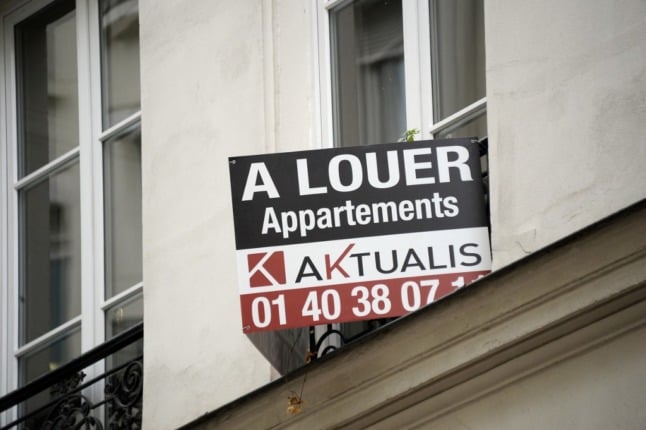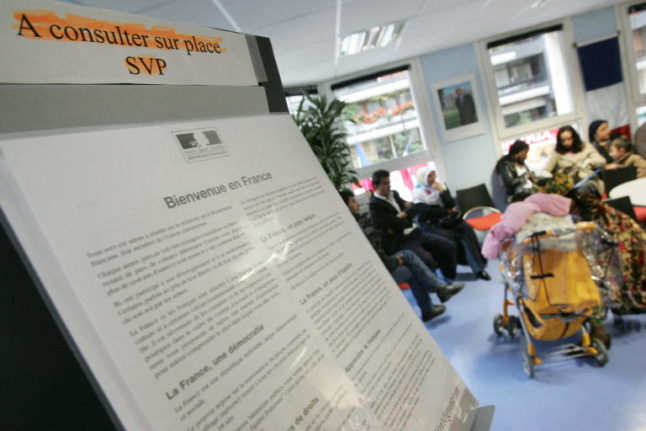Sorbonne teacher Greg Page has been rejected by the government-backed guarantor agency set up to aid people looking for rental agreements – wrongly being told that he needed to supply a carte de séjour as part of his application.
In fact, the Withdrawal Agreement and French domestic legislation states that until October 1st 2021, UK nationals who were already resident in France before December 31st 2020 do not need to supply any proof of residency other than a passport.
Greg, who has lived in France for five years and works at the Sorbonne as a maître de langues (specialist language teacher) after completing his PhD there, has already applied for a carte de séjour and received an acknowledgement of his application.

The Interior Ministry has previously stated that the attestation d’
Visale is intended to simplify the process of securing a guarantor for a rental property lease, particularly for people on short-term contracts or lower incomes.
He said: “I actually successfully applied for the Visale last January to move into my current accommodation in Paris, but I had a change of housemate these last weeks, which is why I redid the application for both of us, without success.
“I replied to the rejection and attached two open letters from the French government and the British Embassy in Paris making it clear that a carte de séjour is not required until October 30th, but the application was rejected again.
“Fortunately the landlords have been very understanding, and although the actual contract signing is being held up, the money flow is, as of now, unaffected.
“This experience is making me very worried for my upcoming contract renewal, because any problem like the current one risks halting my income, which would prove disastrous.”
During the long and complicated Brexit process, quite a few Brits in France have reported being incorrectly asked for residency cards, or told that they could no longer use documentation like UK driving licences.
We have had reports of incorrect information being given out by benefits agencies, health insurers and even gendarmes.
While these problems can usually be sorted out, it adds extra difficulties to processes that can already be quite stressful.
UK nationals who were resident in France before December 31st 2020 have until September 30th 2021 to apply for residency – find out how HERE – and after October 1st, 2021 can be asked to provide a residency card to show that they are living legally in France.
The Local has created this guide outlining your rights on everything from residency to healthcare to driving, with links to the relevant pieces of legislation to show if necessary.
As someone who has completed higher education in a French university, Greg was entitled to apply for citizenship after two years in France, instead of the standard five.
However although he has applied, his application has not yet been processed, meaning that he needed to apply for residency before the deadline.
Greg said: “I had my naturalisation interview over a year ago, and am still waiting for a response, but hoping once I have the new passport, life will become somewhat easier.”
If you are confused on post-Brexit rules on residency, healthcare, driving or pensions, head to our Dealing with Brexit section.



 Please whitelist us to continue reading.
Please whitelist us to continue reading.
What is the Visale agency and can we have a link?
thanks